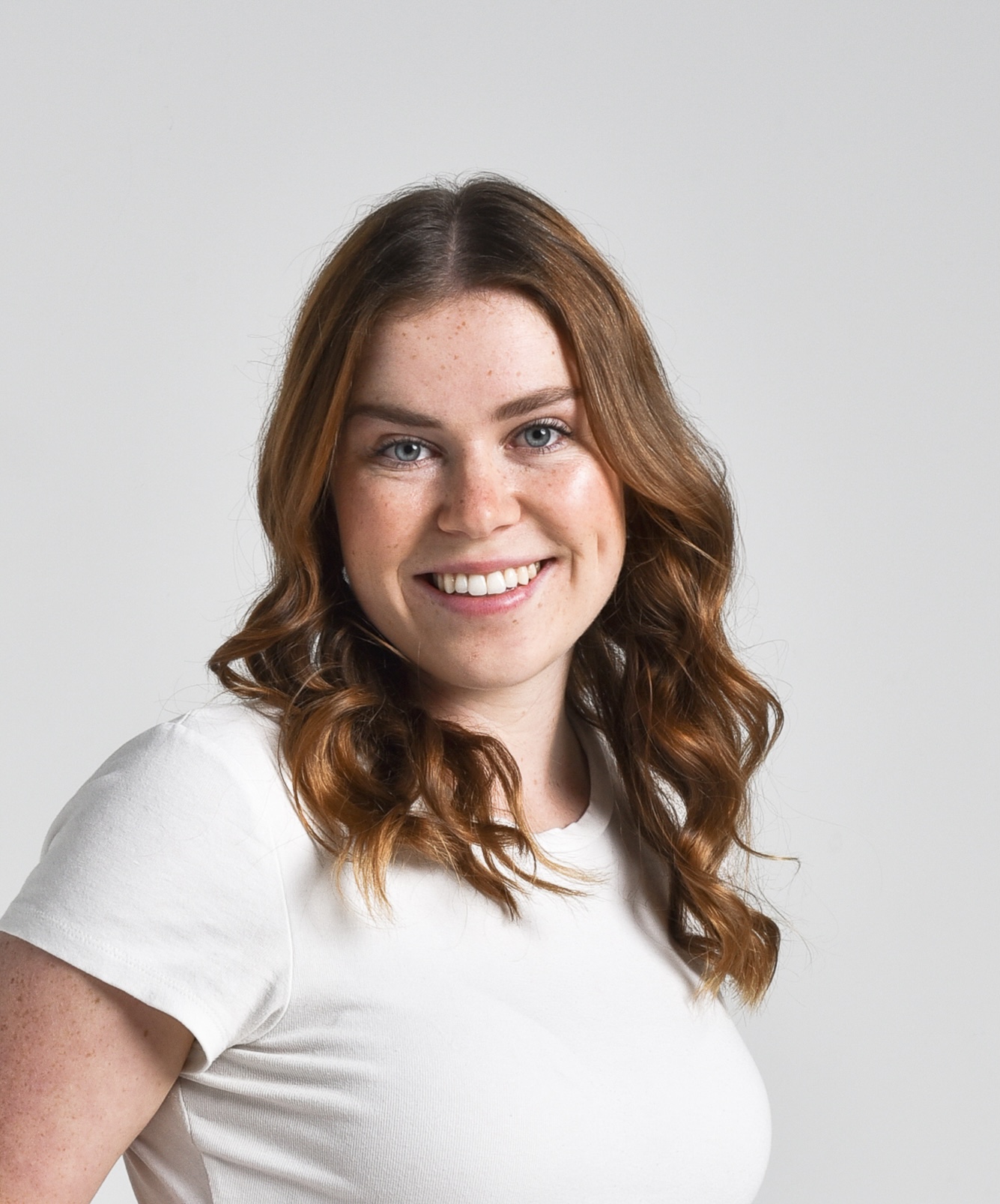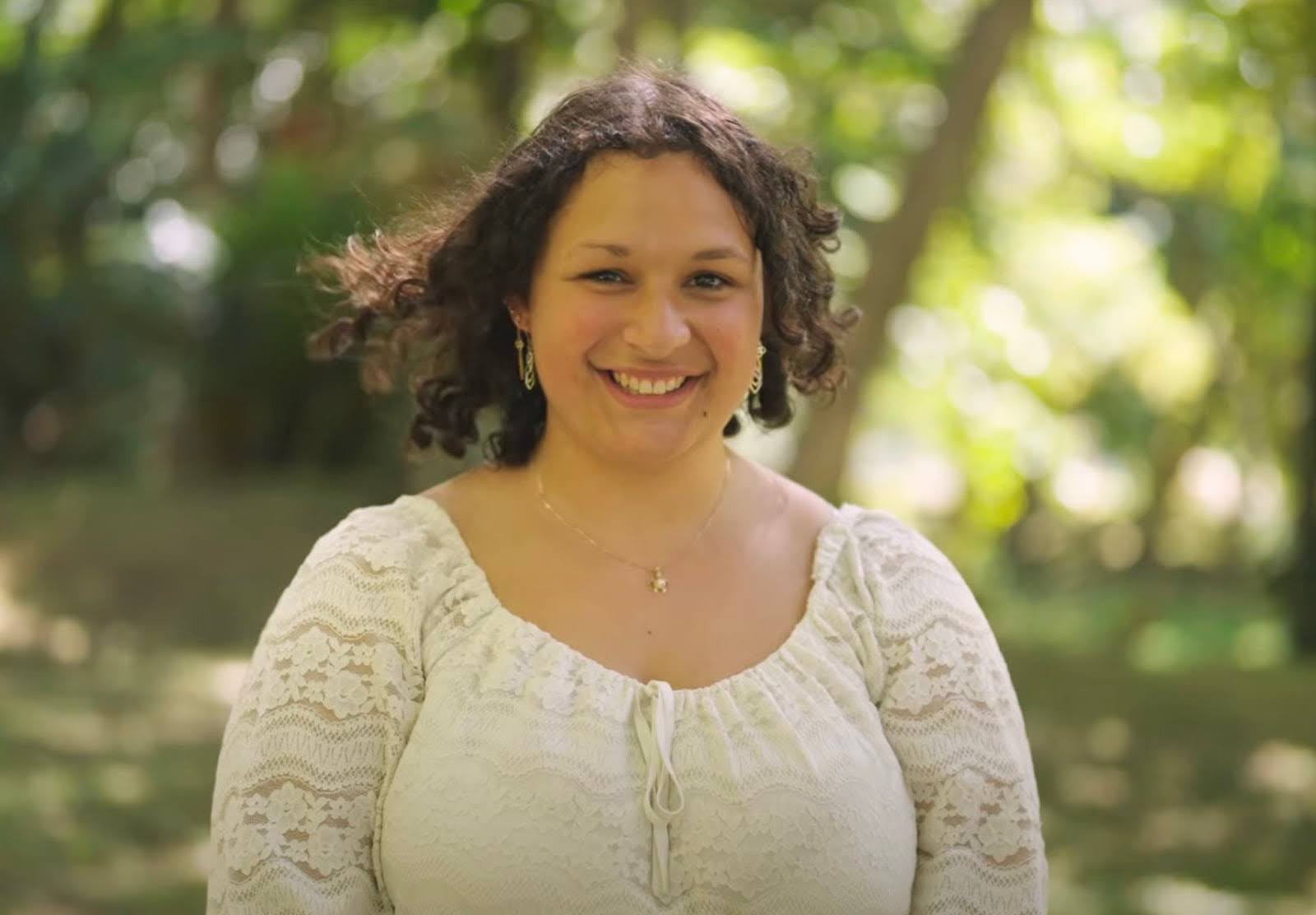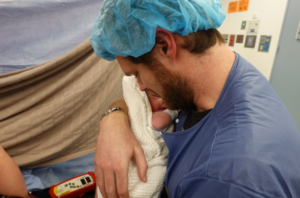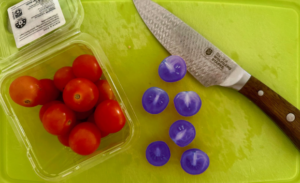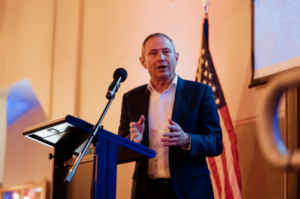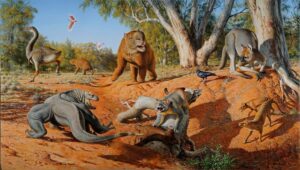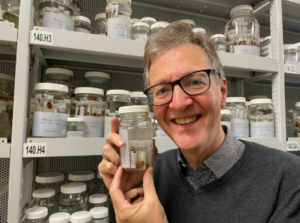Proud Torres Strait Islander woman Brodie O’Breza has been named WA’s Aboriginal STEM Student of the Year at the 2024 Premier’s Science Awards.
The category recognises an Aboriginal or Torres Strait Islander undergraduate or postgraduate student who demonstrates excellence in STEM studies.
CONNECTION TO THE OCEAN
Brodie’s family is from Saibai Island in the Torres Strait, between the tip of Cape York in Queensland and the southwest coast of Papua New Guinea.
She spent most of her childhood in Manjimup and Pemberton in southwest WA.
Brodie is the first person in her family to go to university and is studying a Bachelor of Science in coastal and marine science and environmental management at Curtin University.
“My family always talks about their connection to the ocean,” says Brodie.
“My heritage is one of the main reasons I wanted to study marine science.”
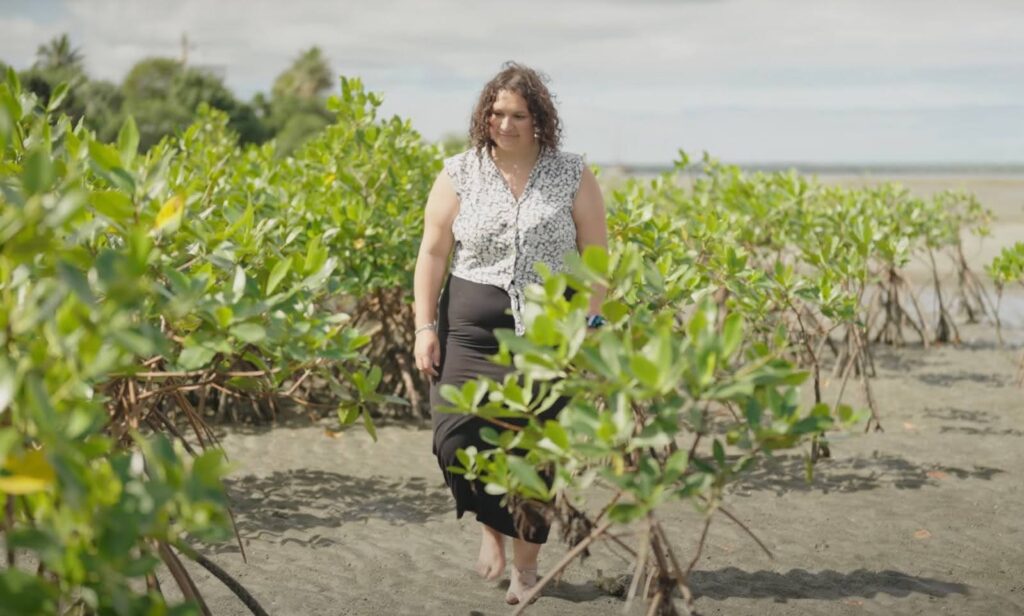
Credit: Premier’s Science Awards
Saibai is one of the largest islands in the Torres Strait and is only 4 kilometres from the Papua New Guinea mainland. It has a rich marine biodiversity.
Brodie is particularly fond of the sea turtle.
“I would say I’m definitely connected to sea turtles,” says Brodie.
“They’re such beautiful creatures that are so calm and chill, and they can read that off us too.”
While her heritage inspired her career choice, Brodie’s ambitions go further. “The first year of uni really solidified the importance of getting more young female[s] in that area,” she says.
“Having those people as role models was really helpful to have.”
Brodie says she is grateful to one of her big role models, Marleigh Zada, a proud Barkindji and Afghan woman completing her master’s at Curtin University.
GLOBAL OPPORTUNITIES
Brodie has achieved a lot during just 3 years of study.
She is currently studying in Suva, Fiji, after receiving the prestigious New Colombo Plan Scholarship.
She’s also achieved a Locally Managed Marine Area (LMMA) Network internship. This program is aimed at students who want to improve the success of local fisheries, particularly in areas where local communities are heavily reliant on the ocean.
For her LMMA internship, Brodie is deciding whether to continue in Fiji or travel to Papua New Guinea to be closer to Saibai.
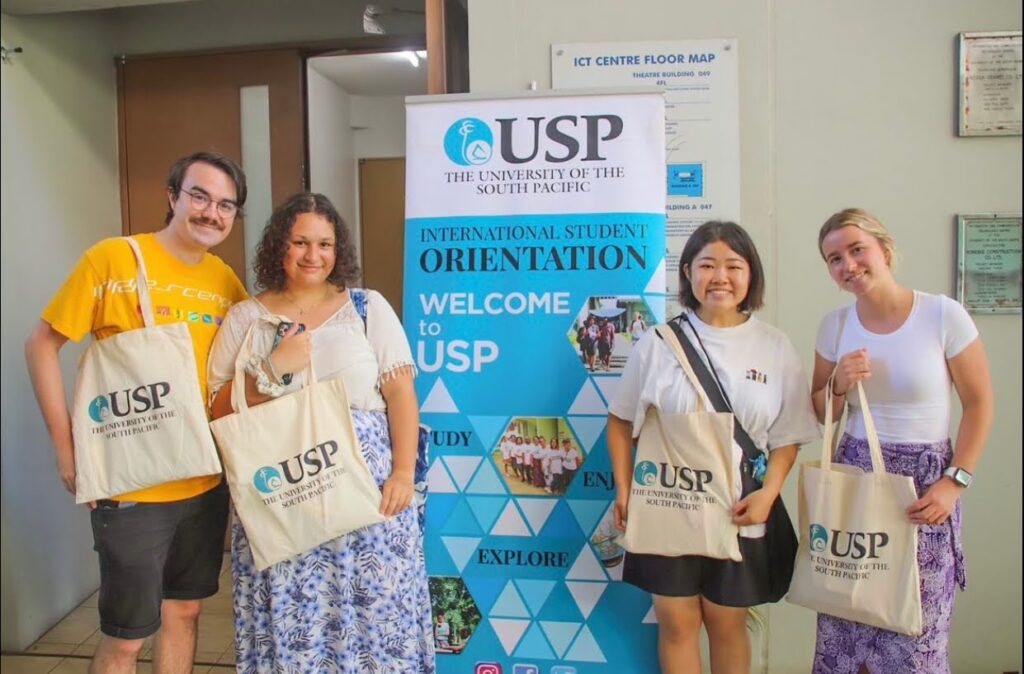
Supplied Brodie O’Breza
Brodie has previously completed internships in the mining and oil and gas industry but hopes her time in Fiji will help her connect with community outreach or non-government organisations.
A BRIGHT FUTURE
Brodie hopes to study her master’s in marine science at James Cook University in Queensland.
The Curtin University STEM Outreach team encouraged Brodie to apply for the Premier’s Science Award.
She stayed up until 3am in Fiji to discover she had won. She was on a call with her family, who proudly told her “We knew you’d win!”
Brodie plans to use the $10,000 from the Premier’s Science Award to relocate to Queensland to undertake her dream master’s program.
After that, she plans to return to her homeland.
“I really hope to take my degree back to the Torres Strait,” says Brodie.
“I’m hoping to get involved with local communities and help manage local marine areas.”
Combining her academic knowledge of marine and coastal systems with her Torres Strait Islander heritage makes Brodie a force to be reckoned with.


